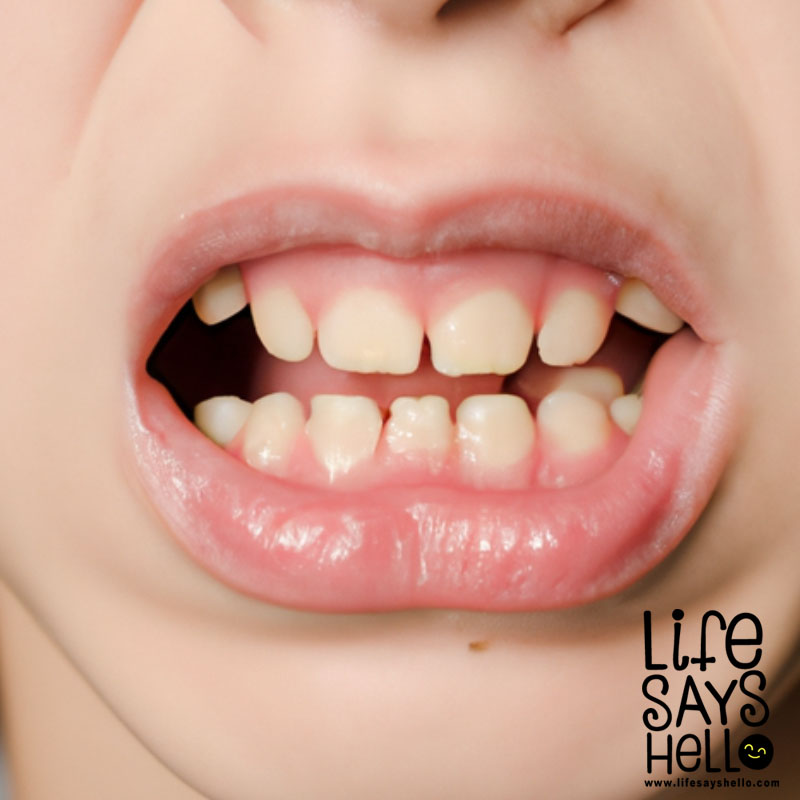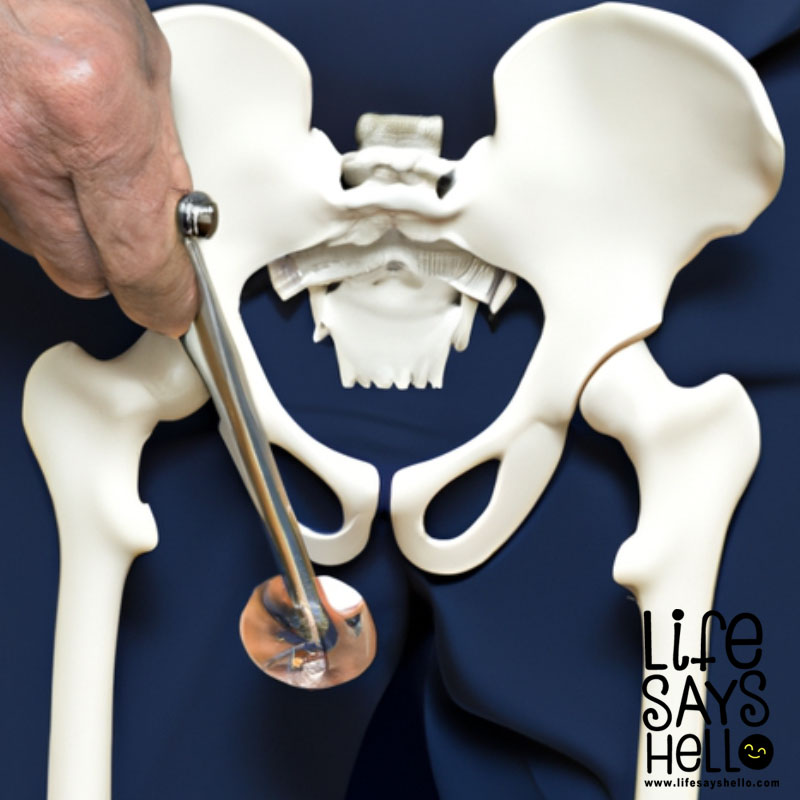Debunking the Puzzle: What Really Kills Sperm in a Woman's Body?

"Hey there! Ever mused over where all those millions of sperm end up after they make their grand entrance into a woman's body? Have you ever wondered just how many obstacles these little swimmers have to overcome to reach the egg? Tons of factors in the female body work tirelessly to reduce the number of sperm that make it to the finish line. Join us on this insightful adventure as we uncover the truth behind what kills sperm in the female body."
An Adventure Under the Sheets: Spermicides
The first step in a sperm's perilous journey is running into a wall of spermicides. Picture spermicides as an expert security guard, specifically hired to keep unwanted visitors (in this case, sperm) out.
Spermicides are substances inserted into the vagina before sex that either kill or paralyze sperm, preventing them from reaching the egg. Because, let's face it, if you aren't ready for a baby, you're going to want maximum security.
The Gatekeeper: Cervical Mucus
Fast forward to the cervix and we reach a critical checkpoint along the sperm's journey - the cervical mucus. Think of the cervical mucus as the ultimate gatekeeper, doing a critical background check on each sperm that tries to venture through.
It's here the sperm's swimming skills, speed, and overall health are tested. The cervical mucus, by nature and composition, ensures that only the strongest sperm get through, like a bouncer at a VIP party.
Acid Trip: The Vinegar Theory
Now, there's a common myth floating around that vinegar can kill sperm because of its high acidity. The idea is that by creating these tough conditions, sperm will falter and die, like fish out of water.
But, be warned, this rumor is about as scientific as saying eating watermelon seeds will grow watermelons in your stomach. There's no proven scientific evidence to back this theory.
Even if it did work (which is doubtful), it wouldn't be a recommended practice due to the disruption it could cause to the natural pH balance of the vagina.
Natural Assassins: Anti-sperm Antibodies
Sometimes, the female body becomes a natural assassin, producing anti-sperm antibodies. These ninja-like antibodies jump into action following unprotected sex, targeting and killing sperm like there's no tomorrow.
They often come into play when there are infections in the female reproductive tract. If you think protection is only necessary to prevent STDs and unwanted pregnancies, think again. Protection can also save precious sperm from being karate-chopped by anti-sperm antibodies.
The Daring Journey Begins: Spermicides
Let's edge right into the heart of our microscopic adventure, starting with spermicides. These over-the-counter chemicals work as a type of contraceptive, inserted into the vagina before sex.

They're often used along with other forms of birth control like condoms or diaphragms to provide an extra layer of security. Though they may seem innocuous, these bad boys pack a punch—neutralizing sperm or halting their swim entirely.
Their mission? To prevent the sperm from reaching and fertilizing an egg. It’s like a secret agent assigned to neutralize threats—even the ones with the best intentions!
Navigating Through the Maze: The Cervical Mucus
Our brave sperm that dodged the potent potion of spermicides must now cross a formidable checkpoint—the cervical mucus. Picture it as a dense, treacherous jungle that only the mightiest can cross.
This mucus varies in consistency and characteristics throughout a woman's menstrual cycle, and it plays a big role in determining which sperm make the cut.
Only the fittest, fastest and most genetically compatible sperm are permitted passage. It's like qualifying for an Olympic event; just making it this far is a badge of honor.
Busting Myths: The Vinegar Theory
Oh, the things people will believe! There's a persistent myth that's been floating around for a while now – that vinegar kills sperm. Proponents of this theory argue that the high acidity found in vinegar is strong enough to take down the sperm armada.
But unfortunately, or fortunately depending on how you look at it, science doesn't back this claim. To dispel this unproven theory, it is vital to know that disrupting the vaginal flora might cause discomfort, infection or even further complications.
Body's Own Defense Squad: Antisperm Antibodies
In the world of microscopic warfare, antisperm antibodies are the stuff of nightmares for sperm. Imagine if your body produced trained assassins that had one mission: take down incoming sperm. That's exactly what antisperm antibodies are: proteins generated by the body's immune system that reduce or inhibit sperm movement.
They target sperm, often following an infection in the female reproductive tract. It's another way our bodies look out for us, and an important reason to always prioritize safety and health when getting intimate.
The Last Stand: The Female Immune System
Finally, for sperm still standing, the female immune system takes a swing. A woman's immune system is like any good superhero - it sees foreign invaders and it gets busy. But in this case, the invaders are sperm, and the battle is at a microscopic level.
Our body's immune system is designed to ward off foreign invaders, so naturally, it doesn't care much for sperm. Thus, the few sperm that survive past the mighty wrath of the immune system truly deserve a gold medal for endurance.
In Sum:
So, there you have it. The life of a sperm is a tough one. There's a world of obstacles to overcome, with each step full of dangers. It truly is survival of the fittest.
This explains why out of the tens of millions of sperm that make their grand entrance, only a fraction of them make it to the egg.
And yet, despite this epic journey and tireless combat, fertilization can and does happen. Our bodies are simply amazing, aren't they?




Comments